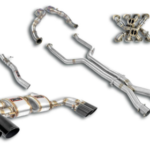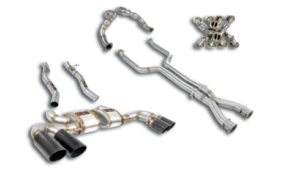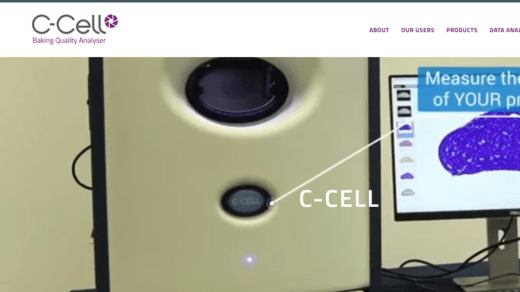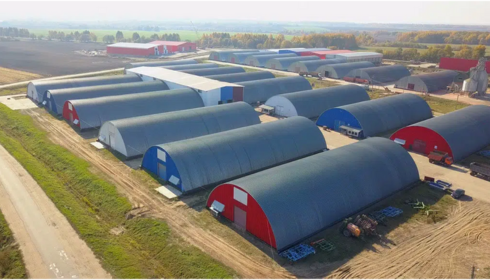In the world of baking, achieving consistent quality is paramount. Whether it’s a small artisan bakery or a large industrial baking operation, ensuring that each product meets high standards is crucial for customer satisfaction and business success. One of the most effective ways to maintain and enhance quality in baking is through the use of quality analyses. These sophisticated tools help bakers monitor and control various aspects of the baking process, ensuring that the final products are of the highest quality.
What is a Quality Analyser?
A quality analyser for baking is a device that measures and evaluates specific attributes of ingredients and finished baked goods. These analysers can assess a wide range of parameters, including moisture content, texture, colour, density, and chemical composition. By providing precise and reliable data, quality analysers enable bakers to fine-tune their processes and maintain consistent quality.
Types of Quality Analysers
There are several types of quality analysers used in the baking industry, each designed to measure different aspects of the baking process:
- Moisture Analysers: Moisture content is a critical factor in baking, affecting everything from texture to shelf life. Moisture analysers use techniques such as infrared or microwave drying to measure the moisture content in ingredients accurately and finished products.
- Texture Analysers: Texture is a key quality attribute for baked goods. Texture analysers use various methods, such as compression, penetration, and tensile testing, to evaluate the texture and consistency of products. These devices help ensure that baked goods have the desired mouthfeel and structural integrity.
- Colour Analysers: The colour of baked goods is often an indicator of quality and doneness. Colour analysers use spectrophotometry or imaging technology to measure the colour and uniformity of products, ensuring they meet visual standards.
- Density and Volume Analysers: These devices measure the density and volume of baked goods, which are important for product consistency and quality. They help bakers achieve the correct product size and shape, which is crucial for customer satisfaction.
- Chemical Composition Analysers: These analyzers assess the chemical composition of ingredients and finished products, such as protein, fat, and sugar content. By monitoring these parameters, bakers can ensure that their products meet nutritional and labelling requirements.
Benefits of Using Quality Analysers
The use of quality analysers in baking offers several significant benefits:
- Consistency: Quality analysers help maintain consistent product quality by providing precise measurements and data. This consistency is essential for building a loyal customer base and maintaining brand reputation.
- Efficiency: By identifying variations and potential issues early in the process, quality analysers can help bakers optimize their operations and reduce waste. This leads to increased efficiency and cost savings.
- Improved Product Development: Quality analysers provide valuable insights that can be used in product development. By understanding the impact of different ingredients and processes on product quality, bakers can innovate and create new products that meet consumer demands.
- Compliance: Quality analysers help ensure compliance with industry standards and regulations. This is particularly important for large-scale operations that need to meet stringent quality and safety requirements.
- Customer Satisfaction: Ultimately, the use of quality analysers leads to higher customer satisfaction. By consistently delivering high-quality products, bakers can build trust and loyalty among their customers.
Conclusion
In the competitive world of baking, quality is everything. The use of quality analysers is a game-changer, providing bakers with the tools they need to ensure their products meet the highest standards. From moisture content to texture, colour, and chemical composition, these analysers offer precise and reliable data that drive consistency, efficiency, and innovation. By investing in quality analysers, bakers can enhance their operations, meet regulatory requirements, and, most importantly, delight their customers with delicious, high-quality baked goods.




























+ There are no comments
Add yours